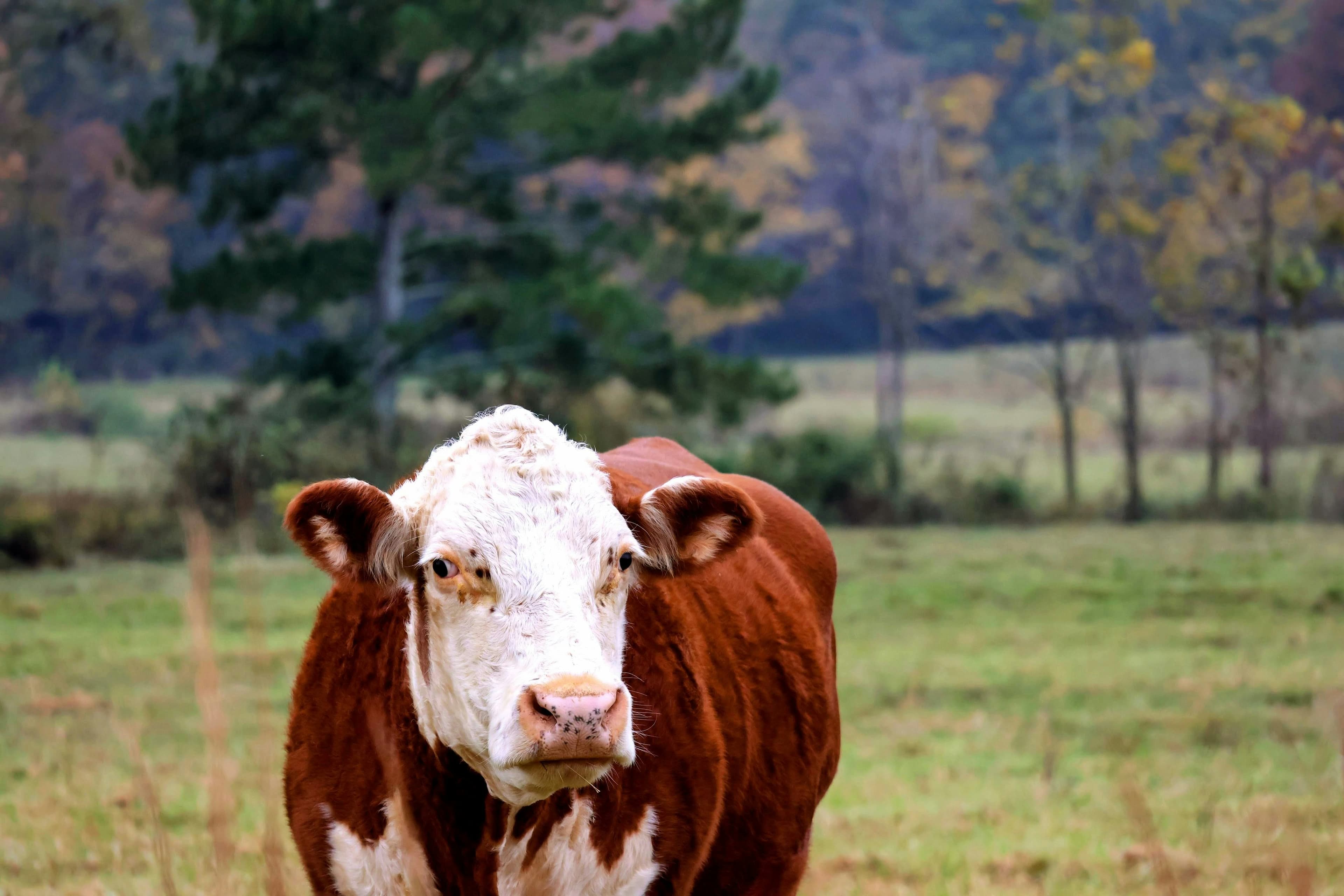
Advance deforestation-free beef supply chain
 McDonald's
McDonald'sSummary
Strengthen ecosystem and business resilience by supporting deforestation-free beef supply chains in high-priority origins through industry engagement
Key resources
Context
Since 2015, McDonald's has had an overarching Commitment on Forests & Natural Ecosystems with the McDonald’s Deforestation Free Beef Procurement Policy as a core pillar of implementation, with support from franchisees, including Arcos Dorados, and suppliers. Through significant industry collaboration, a public Policy summary, and transparency on progress under the Commitment on Forests & Natural Ecosystems, McDonald’s looks to serve as a resource for the wider industry.
Investing in supporting deforestation-free supply chains – through a public Commitment, transparent and regularly reviewed Policy, and supplier engagement – contributes to emissions reductions, safeguarded water in supply chains, and other co-benefits. In general, as deforestation increases, evapotranspiration reduces, decreasing moisture availability in the atmosphere, leading to reduced precipitation, which reduces agricultural productivity – impacting producer, ecosystem, and business resilience.
High priority origins per the Corporation Policy currently include origins within the Brazilian Amazon, Brazilian Cerrado, Paraguayan Chaco, Argentine Chaco, and certain origins of Australia.
Solution
McDonald’s has long recognized the critical link between beef production, deforestation, and climate resilience. To address these challenges, the Corporation, franchisees, and suppliers have implemented a comprehensive approach that combines industry collaboration, supplier engagement, and transparent sourcing requirements. Through its Commitment on Forests & Natural Ecosystems, it supports deforestation-free beef supply chains in high-priority origins, including the Brazilian Amazon and Cerrado, the Paraguayan and Argentine Chaco, and certain origins of Australia.
McDonald’s collaborates with a range of stakeholders, including NGOs and multi-company industry initiatives. These partnerships amplify impact, support forest-positive sourcing, and ensure adherence to best practices in managing social and environmental risks in cattle supply chains, as well as other commodity supply chains. In addition, it maintains public sourcing requirements for priority commodities, reviews supplier performance with sourcing requirements, and publishes annual reports to provide transparency.
Through this holistic strategy, the company strengthens both ecosystem resilience and long-term business sustainability, while promoting credible, scalable solutions for deforestation-free supply chains.
Timeline of Key Milestones
1989: Published first policy related to beef and forests.
2011: Founding member of the Global Roundtable for Sustainable Beef (GRSB).
Beginning in 2012: Supported development of national beef roundtables, now including including MBPS (Brazil), MACS (Argentina), MPCS (Paraguay), and MUCS (Uruguay).
2014: Endorsed the New York Declaration on Forests.
2015: Launched public Commitment on Forests, updated in 2024 to Commitment on Forests and Natural Ecosystems.
2018: Developed Deforestation-Free Beef Procurement Policy and announced SBTi-validated GHG reduction targets.
2021: Supported development of GRSB Nature Positive and Climate 2030 goals.
2022: Joined the Consumer Goods Forum’s Forest Positive Coalition.
2023: Continued collaboration across the beef industry, including support for the Voluntary Monitoring Protocol for Cattle Suppliers in the Cerrado.
Impact
Sustainability impact
Climate
Supporting deforestation-free supply chains in McDonald’s priority commodities contributes to scope 3 FLAG (Forest, Land and Agriculture) GHG emissions reductions.
Nature
Supporting deforestation-free supply chains in priority commodities, with supplier and farmer engagement supports keeping forests standing.
Social
The initiative strengthens long-term economic resilience and livelihoods of producers on their farms and surrounding landscapes, while also enhancing protections for Indigenous peoples based on the McDonald’s Deforestation Free Beef Procurement Policy.
Business impact
Benefits
Strengthening ecosystem resilience is essential to long-term business resilience, as related to continued agricultural productivity, assured supply, and support as a natural buffer to current and forecasted extreme weather impacts.
Nature efforts may also enhance employee pride and customer satisfaction.
Implementation
Typical business profile
Agribusiness, consumer goods companies with a focus on agricultural commodities, financial institutions with investment in agriculture, quick service restaurants
Beginning to advanced in Net Zero journey
Approach
Publish overarching Commitment, in alignment with industry best practices
Co-create and strengthen aligned sustainable sourcing policies
Ensure strong market and supplier engagement processes
Track progress on Commitment
Share tailored supplier feedback on progress
Transparently report on progress annually
Stakeholders involved
Lead: McDonald’s Corporation
Strategic implementing partners: Arcos Dorados, beef suppliers (including Marfrig), geo-monitoring service providers
Strategic partners: Proforest, the Global Roundtable for Sustainable Beef and national roundtables, the Consumer Goods Forum’s Forest Positive Coalition, the Accountability Framework
Key parameters to consider
Where do you source beef from?
What are the nature challenges in those geographies?
Who in the private sector is already doing work on nature in those locations?
What are their public commitments or policies related to nature?
What would local non-governmental organizations consider “best practices” as related to private sector action in those locations?
What is the multi-year roadmap towards progressing to take meaningful and credible action on nature, aligned with best practice recommendations?
What sort of business case do you need to develop to support this work internally (rationale, senior sign-off, internal processes, estimated resources, etc.)?
Implementation and operations tips
Reach out to companies that have robust and public nature commitments and policies to find out more information.
Going further